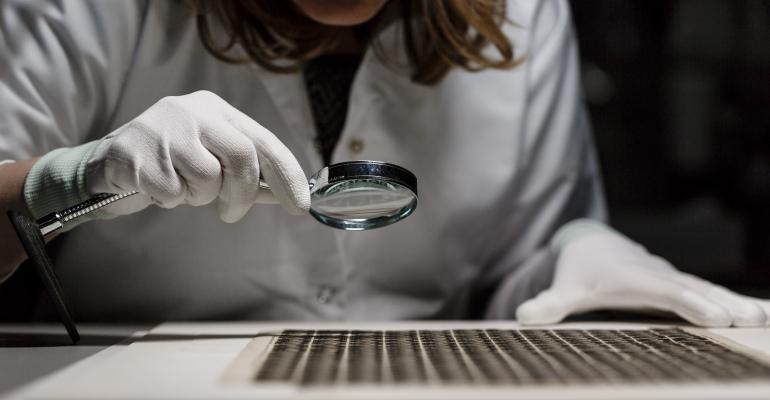The appraisal of a tangible asset is a wholly subjective judgment based on research and review of what are comparable sales of similar or same items, the cost of creation or the mechanics of the income-producing value of the asset. In the case of intellectual property, the parameters are also based on shared subtleties in relevant markets which disclose similar risks and rewards.
Because the appraisal of a tangible asset is so individually subjective, the delivery of insightful and supportable reports and testimonies by an appropriate and well-trained expert witness is a crucial path to the success of a litigation.
Choosing an Appraiser
The definition of “appraiser” is one who evaluates the worth, significance or status of an asset, or one who gives an expert opinion or statement of the value or merit of an asset. When an attorney chooses an appraiser to perform as the expert witness, it’s most important that they do proper due diligence, which includes: ascertaining the appraiser’s membership in one of the Appraisal Guilds (The Appraisers Association of America, INS or American Society of Appraisers), completely reviewing the expert’s resume and the expert’s past writings, reviewing what’s published on their website and reviewing other litigation the expert has been involved with or that may be pending, with specific interest in copies of any past depositions and writings available that may lead to questions concerning possible conflicts of interest. When reviewing these past depositions, reports and testimonies, it’s important to look for and question any inconsistencies within the current appraisal that might lead to impeachment of the expert’s testimony.
Prep for Trial
If and when you’re satisfied that the appraiser passes muster as an expert, it’s then your responsibility to prepare them to be deposed or to testify at trial. You should:
- Always meet personally with the appraiser for talks concerning your specific methodology and trajectory.
- Review the appraiser’s notes and any visual aids involved.
- Demand honest, unbiased accounts.
- Practice within a mock trial setting, acting as an opposing attorney, and address: Qualifications; Credibility; Opinions; Fees; Measurements; Tests and Prior Testimonies.
As appraisals are subjective opinions, it’s important that you note that:
- There be no favorable bias, for example, has the expert ever provided the client with an unfavorable opinion?
- If it’s available, any peer reviewed usage of similar appraisal methodology.
- Any alternatives to the methodology that has been addressed.
- Whether there’s a rationale for the expert’s opinions.
- What material from other experts they may have relied or will rely upon.
Before Deposition
Realizing that performing as an expert witness isn’t a typical sub-set of the appraiser’s profession, before the deposition:
- Be prepared to support the appraiser’s ability to complete their answers.
- Have the appraiser feel comfortable noting their fees and billings to date.
- Prepare the appraiser to anticipate the types of questions you foresee from the opposing attorney.
After the deposition, have the appraiser carefully read and then sign the transcript.
Attorneys drive to win their cases. For this reason, they seek experts who support their reasoning. However, in all cases, for the chosen appraiser to be truly valuable, they must be unbiased, independent and unimpeachable.





